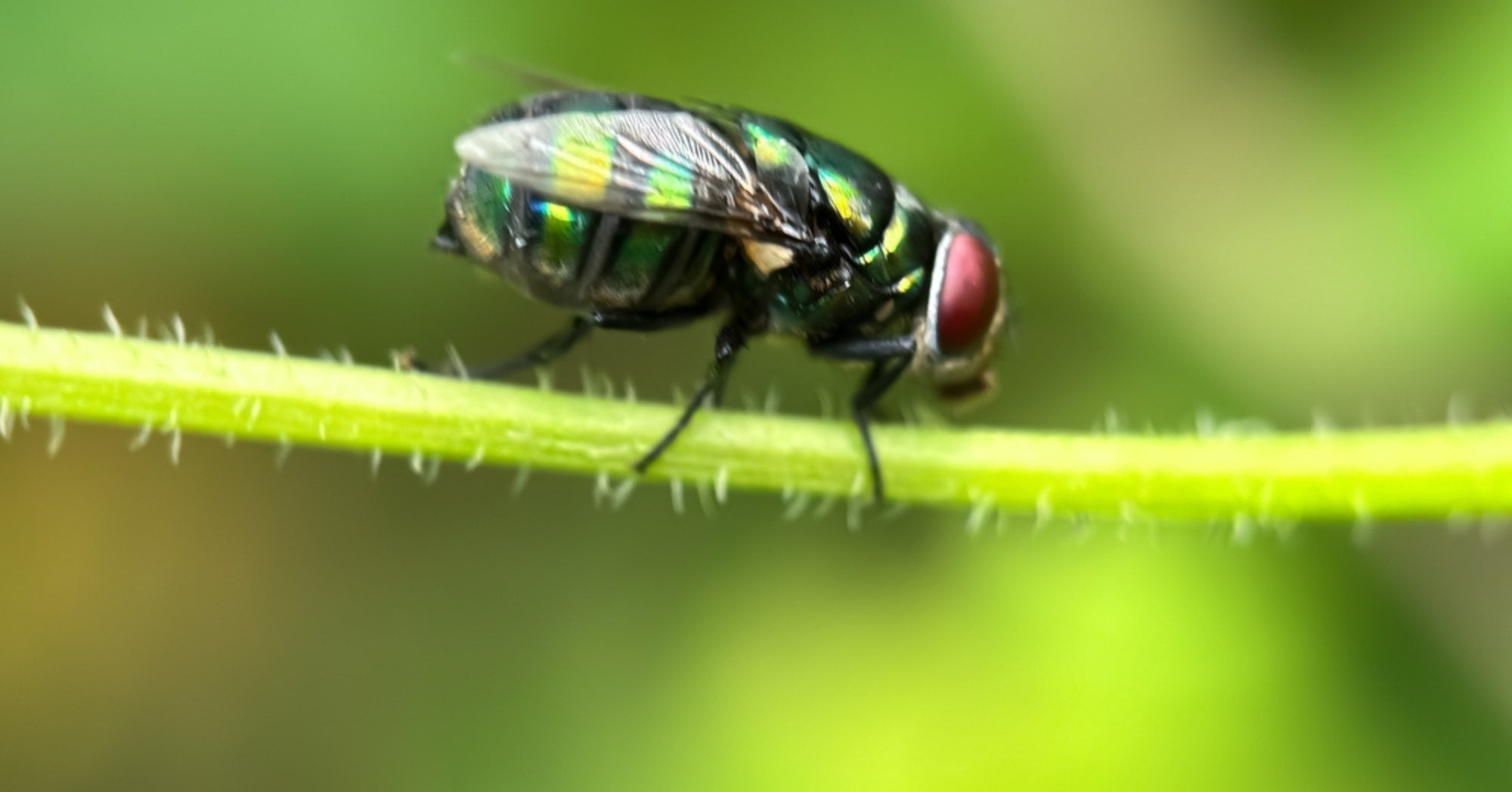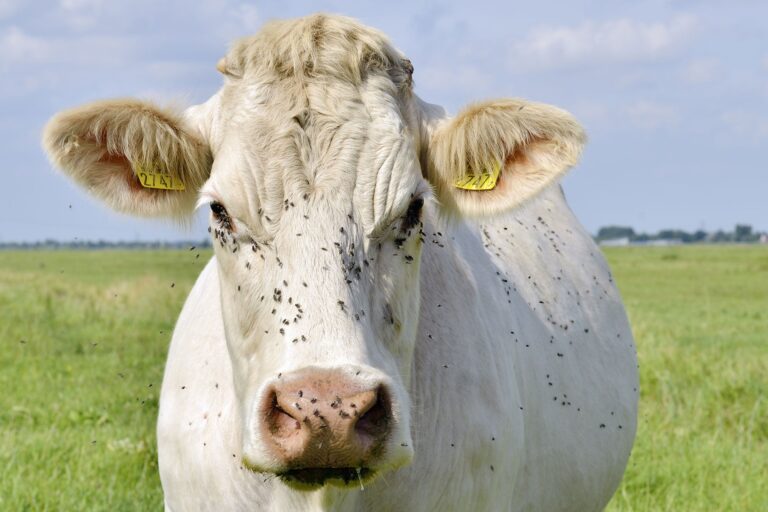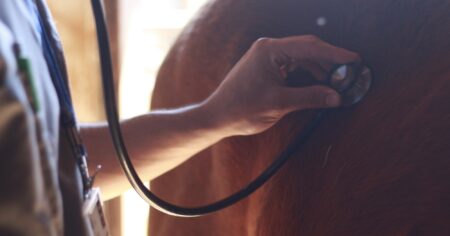Over the weekend, U.S. Agriculture Secretary Brooke Rollins requested the Mexican government to immediately lift restrictions that she says are hindering the U.S. response to New World Screwworm infestation in southern Mexico.
In a letter sent to Ambassador Esteban Moctezuma Barragan, Rollins specifically requested the removal of barriers that are preventing the ability of U.S. planes, operated by USDA-contracted carriers, from conducting critical activities designed to eradicate this deadly pest.
She also emphasized the urgency of the situation, saying, “Every delay in granting full operational authority and eliminating customs barriers undermines our collective ability to carry out this emergency response” against NWS, a serious threat to livestock, agriculture, and wildlife populations across North America.
Additionally, Rollins informed the government of Mexico “that if these issues are not resolved by Wednesday, April 30, USDA will restrict the importation of animal commodities, which consist of live cattle, bison, and equine originating from or transiting Mexico to protect the interest of the agriculture industry in the United States.”
NWS is a parasitic fly that infests warm-blooded animals, causing severe health complications that can ultimately lead to death, resulting in substantial losses to livestock industries.
On November 22, the chief veterinary officer of Mexico notified the USDA’s Animal and Plant Health Inspection Service of a positive detection of New World screwworm in Mexico. The NWS was found in a cow in the southern Mexico state of Chiapas, at an inspection checkpoint close to the border with Guatemala.
“Given the northward movement of NWS, APHIS has in recent months stepped up its efforts in Central America to partner with impacted countries to push this pest out of newly affected areas,” said Dr. Rosemary Sifford, Chief Veterinary Officer of the United States. “With this latest find in Mexico, we will further intensify this work to protect American agriculture and reestablish the barrier in Central America.”
The pest had been successfully eradicated in both the U.S. and Mexico, but recent detections in southern Mexico signal that it could against become a serious threat.
»Related: Screwworm eradication lessons from a longtime veterinarian

Aviation restrictions are a top concern
The letter from Rollins points to Mexico’s aviation restrictions, which have been imposed on Dynamic Aviation, a contractor responsible for high-volume, precision aerial releases required for NWS suppression.
Dynamic has been limited to a temporary 60-day permit and is allowed to only operate six days a week, while the operation requires consistent flights seven days a week for maximum effectiveness.
Customs duties have also been levied on critical aviation parts, dispersal equipment, and sterile fly shipments, which are disrupting operations and increasing costs at a time when Rollins says swift action is crucial.
In her letter, Rollins drew attention to these barriers, urging the Mexican government to engage with relevant federal entities to grant full operational clearance and secure import duty waivers for the necessary equipment. Additionally, she requested the establishment of a high-level point of contact to directly coordinate with the USDA to remove remaining bureaucratic obstacles.
In an effort to ensure continued progress, Rollins proposed the establishment of a U.S.-Mexico NWS Aerial Dispersal Strategy Meeting to align both governments’ strategies and ensure a unified approach in addressing the outbreak.


:max_bytes(150000):strip_icc()/Green-wheat-farm-clouds-orange-f9b292a07ef24ea6a3c600d693ef2a62.jpeg)
:max_bytes(150000):strip_icc()/1-fd114f6c861c4e2ca34278e42c9d686d.jpg)
:max_bytes(150000):strip_icc()/YinYangGettyImages-171310617-ee65e8a1d8684cfeab3ab2075d8283db.jpg)



:max_bytes(150000):strip_icc()/Markets-1-Corn-field-dramatic-up-12-861c496ad1b946cbaed9acfc3532dcb4.jpeg)
:max_bytes(150000):strip_icc()/52016677237_8bcd73100f_o-06014ccefe4343f2b2aa80a39bf608a5.jpg)
